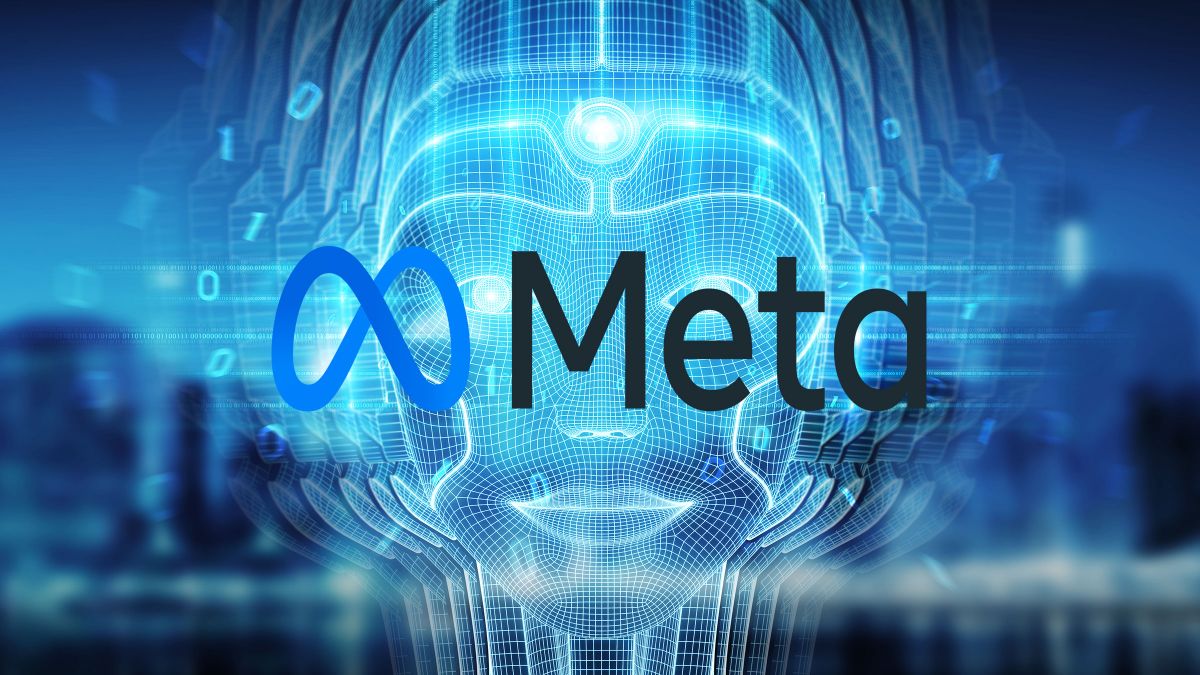In a move that has raised eyebrows among cybersecurity experts, Facebook announced this week its acquisition of Onavo, an Israeli cybersecurity firm. The news comes as Facebook continues to grapple with the fallout from the Pegasus spyware scandal, which targeted journalists and activists worldwide, including some on Facebook itself.
Onavo specializes in virtual private networks (VPNs) and data analytics, offering users a layer of encryption for their online activity. The company has come under scrutiny in the past for allegedly collecting user data without explicit consent. While Facebook maintains that Onavo will be integrated to improve its own cybersecurity measures, some experts fear it could be used for further data collection practices.
The acquisition of Onavo follows a tumultuous period for Facebook in the realm of cybersecurity. In 2018, it was revealed that Cambridge Analytica, a political consulting firm, had improperly accessed data from millions of Facebook users. This incident sparked widespread criticism and regulatory scrutiny, forcing Facebook to implement stricter data privacy policies.
Then came the Pegasus Project, a collaborative investigation by a consortium of journalists, which revealed that the Pegasus spyware, developed by the Israeli firm NSO Group, had been used to target human rights defenders, journalists, and political dissidents across the globe. Facebook was implicated in the scandal as some Pegasus targets were contacted through WhatsApp, a messaging platform it owns.
Facebook has vehemently denied any knowledge of Pegasus or its misuse. However, the incident has further eroded trust in the social media giant's ability to protect user data. The acquisition of Onavo, a company with a checkered past on data privacy, has only served to heighten these concerns.
Critics argue that Facebook's decision to acquire Onavo is a case of cognitive dissonance. On the one hand, the company is battling a major privacy scandal exposed by a spyware attack, while on the other, it is acquiring a firm that has itself been accused of questionable data collection practices.
Facebook maintains that Onavo's technology will be crucial in bolstering its defenses against future cyberattacks. The company insists that user privacy remains a top priority and that Onavo's data collection practices will be subject to strict oversight.
However, cybersecurity experts remain skeptical. They argue that Facebook's history suggests a troubling pattern of prioritizing user data collection over privacy. The acquisition of Onavo, they say, is indicative of this trend and raises serious questions about Facebook's commitment to user security.
Only time will tell how Facebook will navigate this complex cybersecurity conundrum. The company faces the dual challenge of improving its defenses against cyberattacks while simultaneously regaining the trust of its users in the wake of major privacy scandals. The acquisition of Onavo is a gamble, and its success hinges on Facebook's ability to strike a delicate balance between security and privacy.

